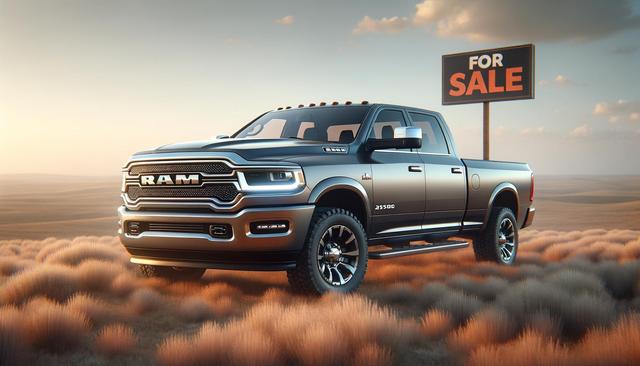Understand What Makes a Used Car a Good Deal
When searching for a used car, it’s essential to understand the criteria that make a vehicle both affordable and in good condition. A low price doesn’t always mean a good deal if the car requires extensive repairs shortly after purchase. Focus on value rather than just cost. Reliability, maintenance history, mileage, and ownership records are all crucial factors. A well-maintained car with a full service history often provides the best long-term value, even if it costs a bit more upfront.
Consider the total cost of ownership, not just the sticker price. This includes fuel efficiency, insurance premiums, maintenance costs, and potential repairs. Older vehicles may have lower upfront costs but could lead to higher expenses over time. Aim to find a balance between age, mileage, and condition to get the most value for your investment.
Some signs of a well-cared-for vehicle include:
- Consistent oil change records
- No visible rust or corrosion
- Even tire wear indicating proper alignment
- Clean interior and exterior
- Recent replacement of key parts like brakes or timing belts
Start with Trusted Sources and Market Research
One of the most effective ways to find used cars in good condition is by starting your search in the right places. Online classifieds, dealership websites, and certified pre-owned programs are among the most popular options. However, each comes with its pros and cons. For instance, private sellers may offer lower prices, but dealerships might provide warranties or return policies.
Use online tools to research the market value of the car models you’re interested in. Comparing prices across different platforms can give you a better sense of what a fair price looks like. Keep an eye on seasonal trends too—prices often drop in the late fall and winter months when demand decreases.
Reliable sources to begin your search include:
- Local classified ad websites
- Certified pre-owned sections of dealership websites
- Online car marketplaces with user reviews
- Public auctions (though these may require more experience)
Inspect the Vehicle Thoroughly
Before committing to a purchase, it’s crucial to inspect the car in person. While photos and descriptions can provide a basic overview, only a hands-on inspection can reveal hidden issues. Look for signs of wear and tear, frame damage, or mismatched paint which may indicate previous accidents. Sit inside the vehicle and test all features including the air conditioning, windows, and infotainment system.
Bring a trusted mechanic to perform a pre-purchase inspection. Many mechanics offer this service for a moderate fee and can identify problems that might not be visible to the untrained eye. This step can save you hundreds or even thousands down the line.
When inspecting a used car, pay close attention to:
- Unusual engine noises
- Fluid leaks beneath the car
- Dashboard warning lights
- Condition of the tires and brakes
- Alignment and suspension performance during a test drive
Negotiate the Price with Confidence
Negotiating is a normal part of buying a used car, and being well-informed can significantly improve your chances of securing a better deal. Start by researching the vehicle’s market value to determine a reasonable price range. Use this information as leverage during the negotiation process.
Be polite but firm. If the car has minor issues, use them to justify a lower offer. Don’t hesitate to walk away if the seller is inflexible; there are always other vehicles available. Sometimes, showing that you’re a serious buyer ready to pay immediately can encourage sellers to drop the price.
Effective negotiation tips include:
- Pointing out the cost of any necessary repairs
- Comparing prices with similar listings
- Asking about price flexibility upfront
- Bringing cash or pre-approved financing to show readiness
Secure the Right Paperwork and Finalize the Deal
Once you’ve agreed on the price, the next step is to ensure all the paperwork is in order. This includes the title, bill of sale, maintenance records, and any warranty documentation. Make sure the seller has legal ownership of the vehicle and that there are no existing liens or unpaid taxes.
If you’re buying from a private seller, verify the vehicle identification number (VIN) on the title matches the one on the car. This helps prevent issues with fraud or stolen vehicles. For added protection, consider using an escrow service or completing the transaction at a local DMV office.
Important documents to collect include:
- Vehicle title and registration
- Bill of sale signed by both parties
- Maintenance and service records
- Vehicle history report
- Odometer disclosure statement (if applicable)


